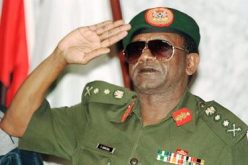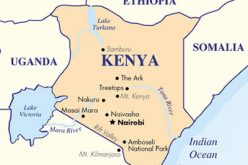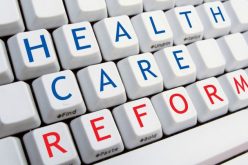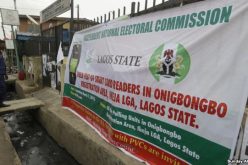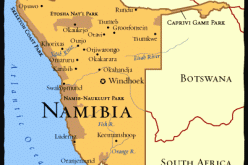
Address by His Excellency John Dramani Mahama, President of the Republic of Ghana
General Assembly Seventy-first session 10th plenary meeting
General Debate
VOA News – When Ghana’s voters go to the polls December 7, the economy likely will play a pivotal role.
The West African nation is heading into presidential and parliamentary elections amid high inflation, rising public debt and frequent power cuts that have gone on for three years. It has been quite the reversal for a country that, in 2010, was declared one of the world’s fastest-growing economies.
That year, it opened offshore oilfields.
Today, “money is not moving around and businesses are collapsing. People are losing their jobs,” said Maximus Ametorgoh, a social media coach at PopOut, a digital marketing company in this capital city. Candidates “always count the number of schools and the length of road they’ve built, and we need more than that.”
Massage therapist Hilda Harrison had to shut her business down this year “because there’s no money in the system,” she said. “So, if the person doesn’t have money, how can the person call for a massage?”
She said she will vote for change from the ruling National Democratic Congress and President John Dramani Mahama, who is seeking a second term after taking office in 2012.
Promise of change
The largest opposition group, the New Patriotic Party, has promised to manage the economy better. Its presidential candidate, Nana Akuffo Addo, said he would restore macroeconomic stability.
“If we do not make a focused, systematic effort to change the nature of our economy, moving away from this raw material producing economy into an industrial value-added economy, we are never going to address the issues of poverty,” he said.
The National Democratic Congress is defending its track record with its mantra, “transforming lives.”
Ghana recently opened the valves on its second offshore oil field. The country is also a top exporter of gold and cocoa. But certain factors in the economic downturn, such as slumping global commodity prices, fall outside the government’s control.
Mahama has tried to reassure the country. He said that the economy is stabilizing and that his government has cut the budget deficit in half since 2012 and invested in the power sector.
“This has led to stability in Ghana’s cedi, which is currently said to be among the best performing currencies in Africa,” he said. “… After stabilizing the economy, we expect Ghana to return to the path of accelerated growth starting from next year.”
Questions remain
Economist Robert Darko Osei said that may be overly optimistic. Though theInternational Monetary Fund warned the government to hold down expenditures, this year’s elections have led to unplanned spending and the government recently agreed to increase pay for striking nurses.
“Clearly if, during an election year and for political expediency, we backtrack on some of these commitments that [were] supposed to help deal with the fiscal deficit and debt challenge, then we are shooting ourselves in the foot,” Osei said.
Ruling party supporters say that the economy needs continuity to recover and that the president should get another term to finish what he started.


